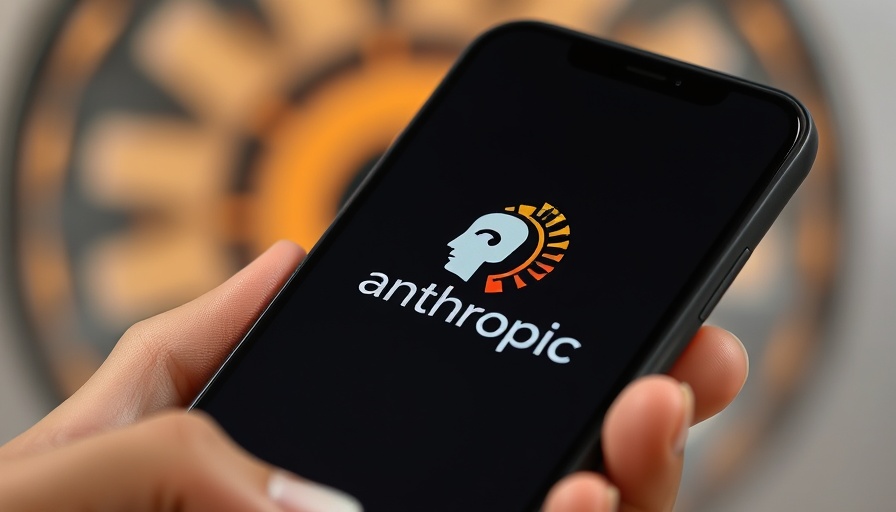
The Landmark Lawsuit Shaping AI's Future
The recent news of Anthropic's decision to settle a massive copyright case has sent ripples through the artificial intelligence community. This case, one of the largest of its kind, revolved around allegations that Anthropic's Claude AI chatbot was trained using pirated material. Three authors filed a lawsuit, claiming the company used, without permission, a plethora of copyrighted books to enhance its model's capabilities. This settlement opens up vital discussions about copyright laws and the ethical use of literary works in training AI systems.
Understanding the Implications of AI Training Data
AI models, including Claude AI, rely on large datasets for learning effectively. However, as evidenced by the allegations against Anthropic, the origin of this data is paramount. The lawsuit surfaced during a growing concern over the methods AI companies use to aggregate content. Authors and creators are increasingly anxious about how their works are utilized, or misused, in programs that seem to regard copyright as an afterthought. The outcome of the case underscores the pressing need for a more transparent and ethical framework surrounding how AI firms curate training data.
What Other Lawsuits Can Reveal
The Anthropic settlement is not an isolated incident. Numerous other legal challenges are aimed at similar tech companies, scrutinizing their use of copyrighted materials. These lawsuits could potentially reshape the landscape of AI development, as they challenge the foundational practices of data sourcing for training. The outcome of these cases can enforce stricter regulations, altering how companies, including tech giants like Nvidia and OpenAI, approach data gathering. It's crucial for the industry to adapt or risk facing significant financial and reputational damage.
The Role of Transparency in AI
Given the ruling by Judge William Alsup, who indicated that Anthropic failed to provide clarity on the full scope of their copyright infringements, the legal framework within which AI operates is at a crossroads. Transparency in data sourcing might not only help companies avoid litigation but could also foster a more ethical environment that respects creators' rights. Finding this middle ground will be paramount for the sustainable growth of AI technologies.
Beyond Copyright: The Future of AI Models
This case is just the beginning. As AI capabilities evolve, so will the regulations and responsibilities tied to these advanced tools. The future of AI lies in its ability to innovate while respecting the rights of content creators. The interplay between legal restrictions and the creativity of AI will shape a generation of intelligent systems that operate within an ethical framework. How these lawsuits unfold will significantly influence market strategies and ultimately the development of future AI iterations.
Act Now: Shape the Future of AI
The intersection of AI technology and copyright law is a crucial area of concern for developers, creators, and users alike. As these discussions evolve, it is essential for the audience to stay informed and engage with narratives that shape the ethical landscape of AI use. Monitor these developments closely and advocate for transparency in AI practices to ensure a responsible and innovative future for artificial intelligence.
 Add Row
Add Row  Add
Add 




Write A Comment